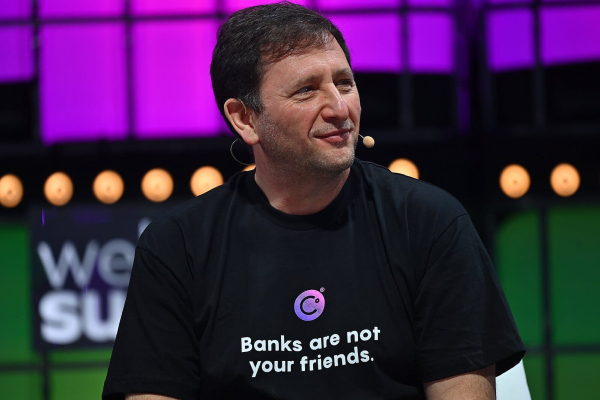Newsletter: Celsius’ Alex Mashinsky pleads guilty to fraud, some Tornado Cash sanctions are overturned, and tech billionaires complain about “debanking”.
https://www.citationneeded.news/issue-71/
#crypto #cryptocurrency
https://www.citationneeded.news/issue-71/
#crypto #cryptocurrency


Molly White •
#crypto #cryptocurrency
Molly White •
#crypto #cryptocurrency
Molly White •
#crypto #cryptocurrency
Molly White •
#crypto #cryptocurrency #TornadoCash
Molly White •
#crypto #cryptocurrency #USpol #USpolitics
Molly White •
#crypto #cryptocurrency #USpol #USpolitics
Hugs4friends ♾🇺🇦 🇵🇸😷 hat dies geteilt
Molly White •
#crypto #cryptocurrency #USpol #USpolitics
Hugs4friends ♾🇺🇦 🇵🇸😷 hat dies geteilt
Molly White •
#crypto #cryptocurrency
Hugs4friends ♾🇺🇦 🇵🇸😷 hat dies geteilt